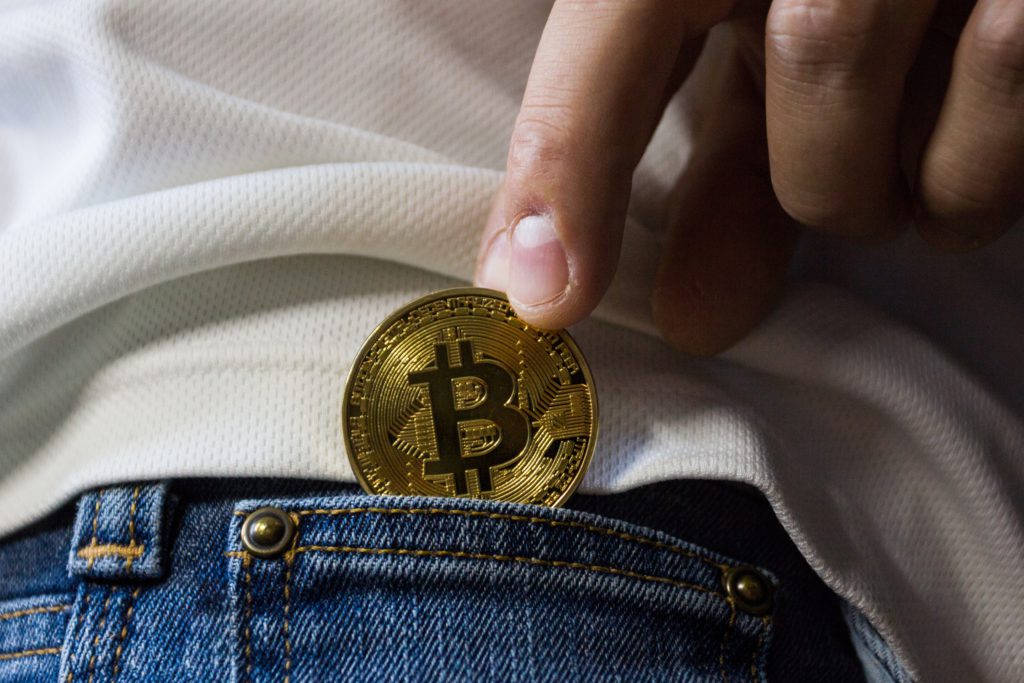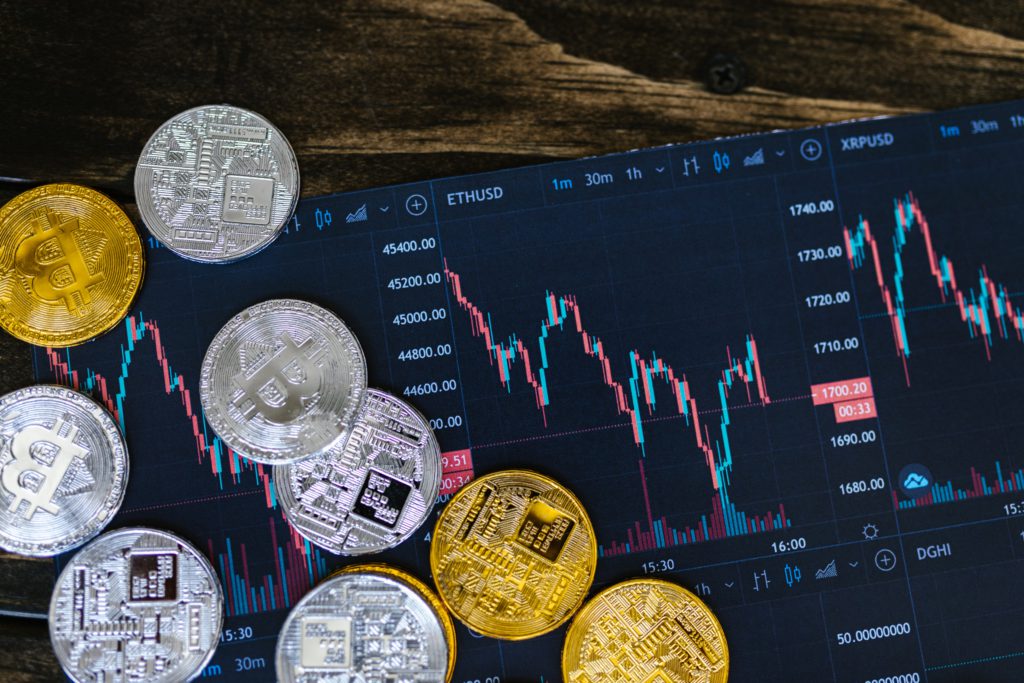The use of unregulated cryptocurrencies like bitcoin during the Russian invasion of Ukraine is a double-edged sword. Russia’s central bank on Thursday proposed a ban on the use and mining of cryptocurrencies in Russia, citing threats to financial stability, the well-being of citizens and the sovereignty of Russia’s monetary policy. Prices of bitcoin and other cryptocurrencies are jumping after the value of the Russian currency plunged this week, in what some analysts say is a sign that Russian investors are shifting their money from the ruble as economic sanctions against the country for its invasion. gaining momentum. In recent days, exchanges between the Russian ruble and various crypto-currency assets such as bitcoin have more than doubled.

Now there are signs that Russians are converting their rubles into cryptocurrencies to protect the value of their savings. Now it looks like Russians are turning to cryptocurrencies amid circumstances that have prompted citizens to queue up at ATMs and withdraw money from banks before it’s too late. With Russia largely locked out of the US dollar-based global financial system due to wide-ranging sanctions, some politicians and money laundering experts warn that cryptocurrencies could provide Russians with a hidden way to keep their wealth. Russia has opposed cryptocurrencies for years, arguing that they can be used to launder money or finance terrorism.
As the US and its allies seek to paralyze Russia with sanctions for invading Ukraine, there has been speculation that Moscow could get a free hand with cryptocurrencies, which are typically based on decentralized networks and do not depend on any central authority for maintenance. There is also controversy in Russia over the best way to regulate the cryptocurrency, which the Moscow central bank sees as a pyramid scheme. US officials seem to agree that cryptocurrencies are not an important exit route for the Russian state or those under sanctions.
It is not known how much cryptocurrency is held by Russian oligarchs, against whom sanctions will be imposed. Billionaire oligarchs close to Russian President Vladimir Putin could potentially ease the impact of tough economic sanctions on Russia with cryptocurrency, experts say. Some experts say these measures, which are not yet aimed at President Vladimir Putin himself, are becoming easier and easier to evade, thanks in part to a wave of cryptocurrency adoption in Russia.
Another factor that could drive the price of cryptocurrencies up is the growing concern among some young investors about government actions affecting the price of the currency, including the economic sanctions against the Russian currency introduced this week. A key tension arising from cryptocurrencies during the Russian invasion of Ukraine relates to official sanctions for their use by ordinary citizens.
Even before the invasion, the U.S. government was concerned that cryptocurrencies could mitigate the impact of economic sanctions. Cryptocurrency analysts told Al Jazeera that cryptocurrencies alone will not allow Moscow to escape a series of sanctions aimed at punishing Moscow for invading Ukraine. U.S. Senator Elizabeth Warren said “cryptocurrency could undermine sanctions on Russia and save Putin and his friends from economic problems” and called for tough action from U.S. regulators.
The Biden administration is reportedly asking cryptocurrency exchanges to ensure that Russian individuals and businesses do not use cryptocurrencies to avoid U.S. sanctions, Bloomberg reported, citing people with first-hand knowledge of the matter. The Biden administration is also considering imposing sanctions on Russian crypto assets and has already called on crypto exchanges to ensure that specific individuals and entities under Russian sanctions do not use their platforms. Binance on Monday said it would freeze the cryptocurrency accounts of Russian officials who are on U.S. and U.S. allies sanctions lists, Reuters reported.
In October 2020, the Central Bank of Moscow announced the creation of a new “digital ruble” that would make the Russian economy less dependent on the dollar. The Russian government has made progress with its “digital ruble” program, in which transactions are carried out on a Russian-run blockchain system. As the New York Times notes, the Russian government has developed a digital ruble, and Russia has created tools to help hide the origin of digital transactions.
Within this large portfolio of sanctions blocks, blockchain-based financial networks are playing a central role in Vladimir Putin’s efforts to protect the Russian government from sanctions. According to Texas Blockchain Council President Lee Bratcher, the unregulated system could be used as a way to get around the current banking sanctions against Russia. Iran and North Korea have used cryptocurrencies that operate outside of the US-led financial system to circumvent sanctions.
The US Treasury Department has said that sanctioned individuals or companies will go out of their way to hide wealth with cryptocurrencies. According to Chainalysis, a company that tracks blockchain transactions, Russia is also suspected of being the global hub for ransomware attacks that netted cybercriminals about $400 million in about $400 million worth of crypto last year alone. The 17 million digitally savvy Russians connected to the internet are reported to own about $23 billion worth of cryptocurrencies.
Chris Kline Bitcoin IRA said that Venezuela used cryptocurrency to fight hyperinflation and Russia could be next. The ruble initially fell about 30% against the dollar after Western countries announced unprecedented moves to block some Russian banks from accessing the messaging network linking financial institutions around the world and limit their use of Russian foreign exchange reserves. Russian regulation will be aimed at integrating the mechanism for the circulation of digital currencies into the financial system of the Russian government, while ensuring control over the cash flows of credit institutions, according to a draft translation of the draft accompanying document. According to the document, the use of cryptocurrency as a currency will only be possible after proper identity verification through the Russian state banking system or authorized intermediaries, and transactions in excess of 600,000 rubles ($8,016) must be declared.

